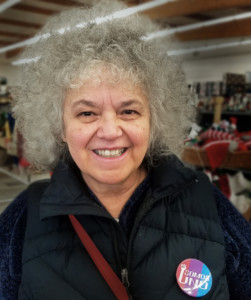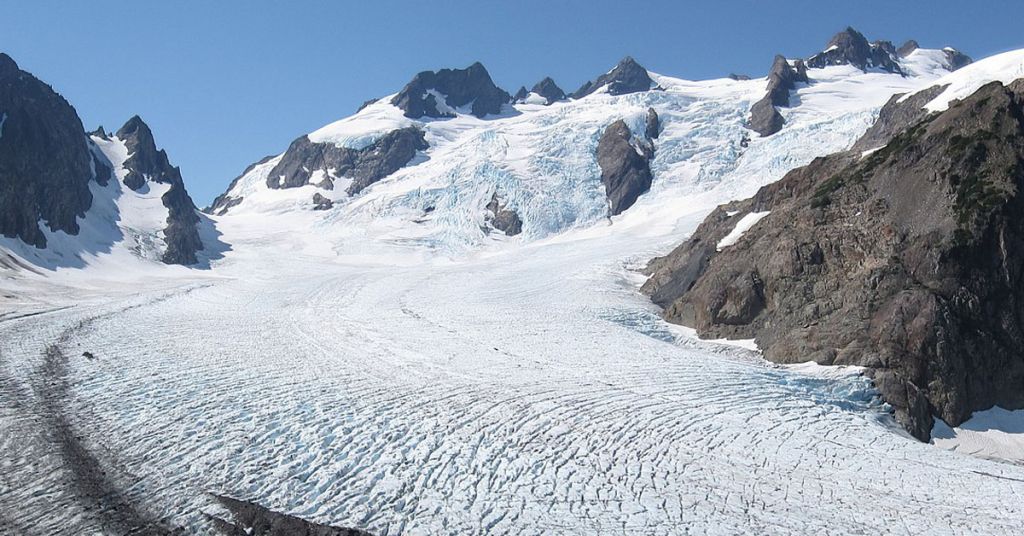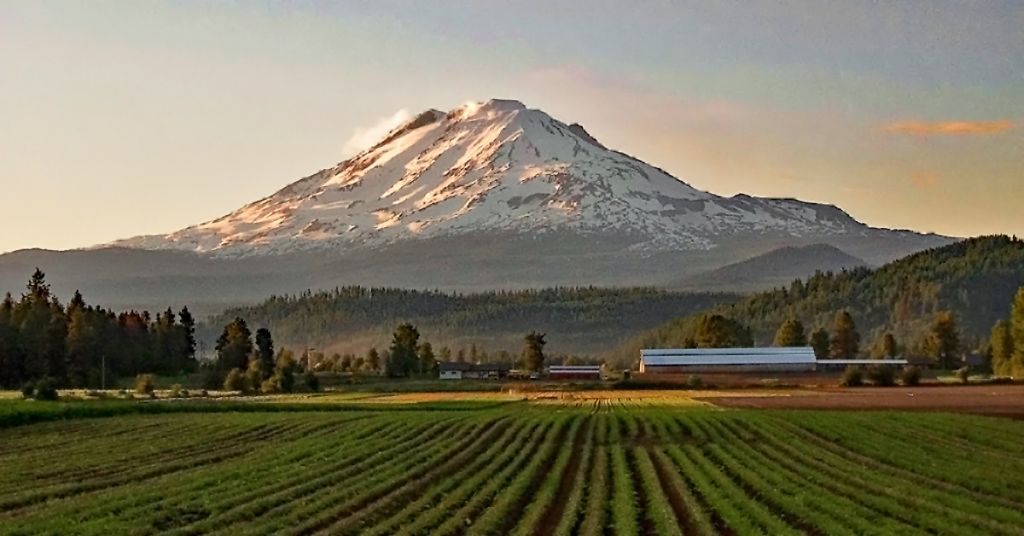Essay by Tina Castanares. Originally presented at: Rooted: Gorge Stories of Community, Creativity and Innovation, an event put on by Livable Hood River on Nov, 10, 2016 at Columbia Center for the Arts

Tina Castanares
Elon Musk wants to move to Mars. (You know Elon Musk, don’t you? Owner of Tesla, CEO of SpaceX, brains behind Paypal, and so on). Elon says he not only plans to create a human colony on Mars, but he wants to live there, and in fact he wants to die on Mars (only not on impact). Elon also suggests that we can ‘terrascape’ Mars — meaning, make it more like Earth — by exploding a lot of nuclear bombs in its thin sky, thus warming up its atmosphere and its cold surface.
Well, many people share Elon’s interest in colonizing Mars, and soon. Most of the scientists among them don’t agree about the nuclear bomb idea, but some of them say we can learn from our global warming disaster here about how to warm up the Mars sky, a lot better than nuclear bombs could do. In other words, we could generate a lot of greenhouse gases there, just like we’ve done here (though they say we’d better watch out not to get it too hot too fast).
Moving to Mars. Why do humans want to move to Mars? Now, I’ve been an avid reader of science fiction since I was a little kid, and I’m also really interested in space exploration. But human migration to Mars at this point in our history?
It begs the question of what human migration is about in the first place. In this polarized, awful American ‘conversation’ about migration and immigration, people like me often say that “we’re all immigrants, except for the Native Americans.” But the truth is, we’re all immigrants, including the ‘Native Americans’ whose ancestors migrated across the Bering Strait. And those ancestors had arrived in Asia from origins in Africa, across the many miles and millennia, right? Human migration has happened since the dawn of human time.
And today migration is at an all-time high, with no sign of slowing down. More people are moving on our globe today than at any time in history. Unfortunately, it’s not just Brownian motion or neutral, exploratory ‘moving’ from one home to another. Thousands are drowning, being trafficked, starving every year, in Asia, in Africa, in Western Europe, in Russia, in the Americas, forced to flee by wars, disease, famine, extortion, politics, religious persecution, natural disaster, and climate change.
While some migrate, yes, ‘to make a better life for themselves,’ there is wide consensus among migration experts that most of the people moving around today are being tossed by the currents of forced migration. People who never wanted to leave their homelands, or their home towns, and are now without anchors, without homes anymore. And — unless we offer it — they’re also without hope.
My father was an immigrant. Most of the people I’ve ever worked with or served in my life are migrants, immigrants or children of immigrants (like myself). So yes, this is personal. But even my very American, — native-born, US citizen stepdaughter Heather and her two daughters, now living in Phoenix, Arizona, are likely within their lifetimes to become climate change refugees, global warming victims, people who migrate in search of water, since water shortages will likely overtake Arizona, California and all the American Southwest. In fact, this all may happen within my remaining lifetime. And so I think about this a lot. It’s not only about international migration, or someone in Pakistan having to move to a different place in Pakistan. It’s also about people in other places in our own country moving— when they never wanted to.
But compared to international migrants, they’re the lucky ones.
And speaking of luck: I, like most of you, won the birthplace lottery. I was lucky to be born, with no effort on my part, with no credit to me, in the USA. I was lucky to move to Hood River, Oregon, even when I didn’t have much money at all, before so much of it became unaffordable. I am lucky now to live in my own home, where I can turn on the heat pump air conditioning and take a cool shower whenever I want in the summer. Where there is an abundance of fresh food growing, and so far we have water to irrigate our vegetable garden. Where I can speak my native language (English) pretty much anywhere I want to. I’m lucky that way.
So when the people who don’t have that kind of luck want to be here, have to be here, the task in front of me — in front of us all — is to share what we happen to have been given mostly by dumb luck. It’s not fair to get lucky and just slam the door on everyone else. That’s not the Golden Rule — and for my money, nothing beats The Golden Rule for ruling how we live our lives.
Yes, there are probably far too many human beings. Yes, we humans are definitely straining our global resources. But in our own lifetimes, in our own back yards, we are called on to share what we have. And we will need to do that more and more with each passing year.
So to Elon Musk and to NASA I can say this: Go ahead and take your spaceships and move to Mars and live in a bubble. I’ll be interested in what you report back. But for me, and I hope for you, I take this planet as our ship, this world as our nation, and all of its people as our neighbors. And I hope we have the grace always, always to be neighborly.








Thank you, Tina